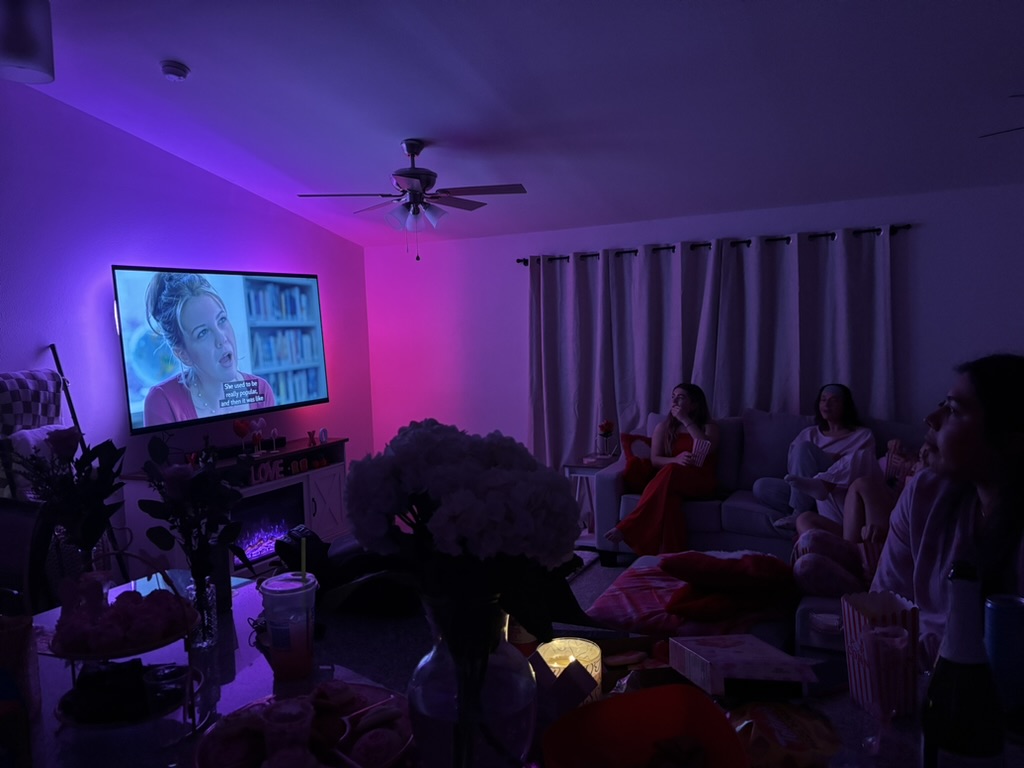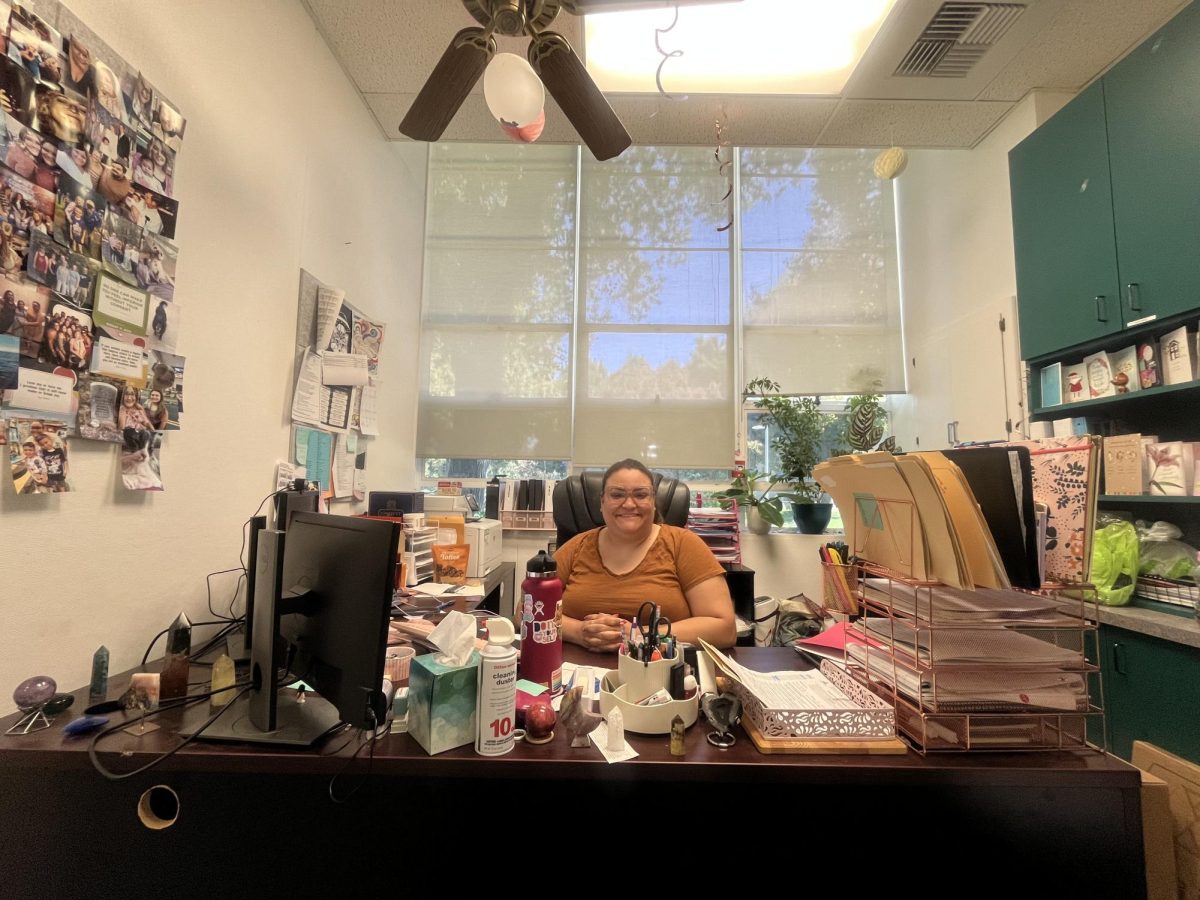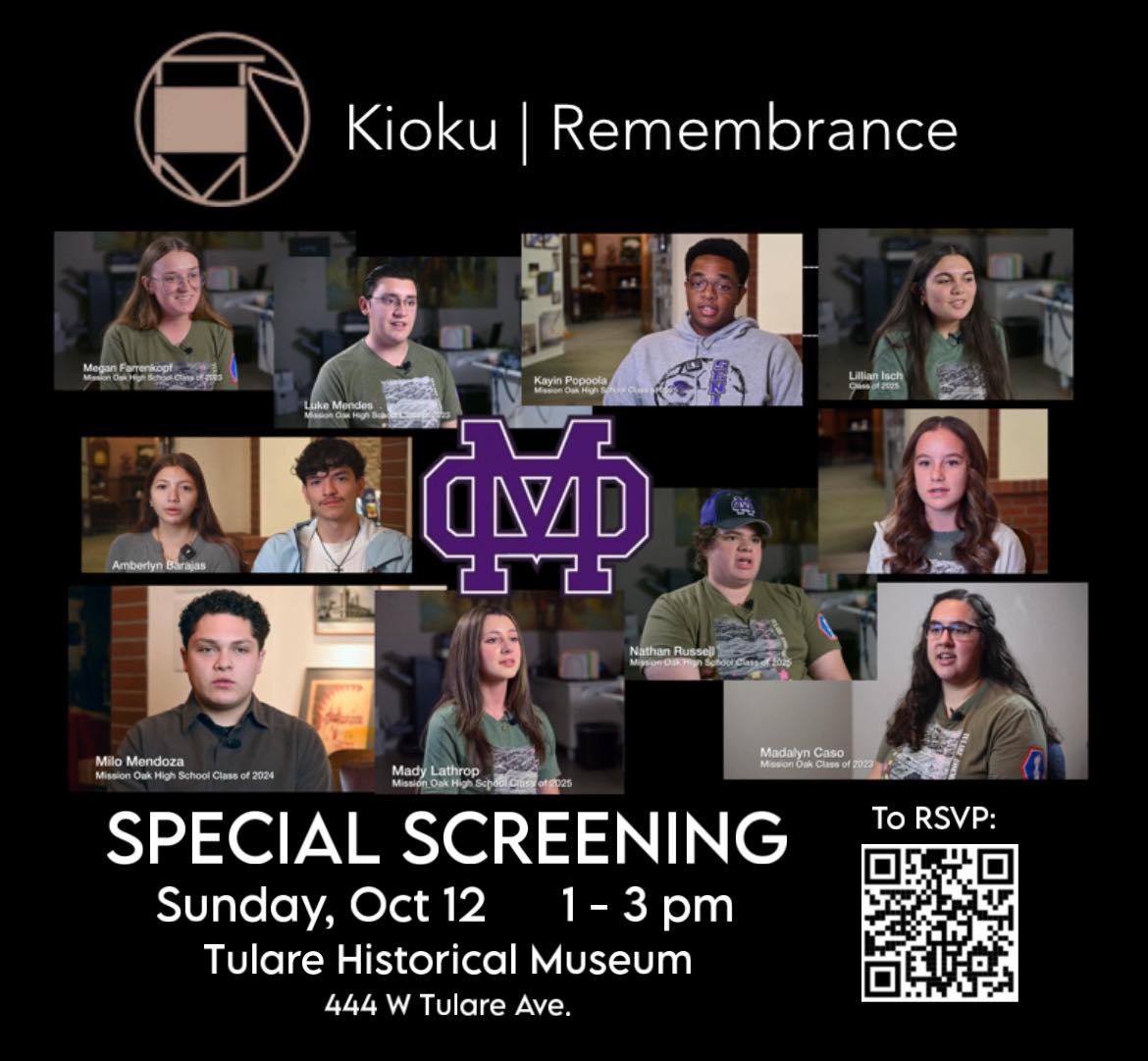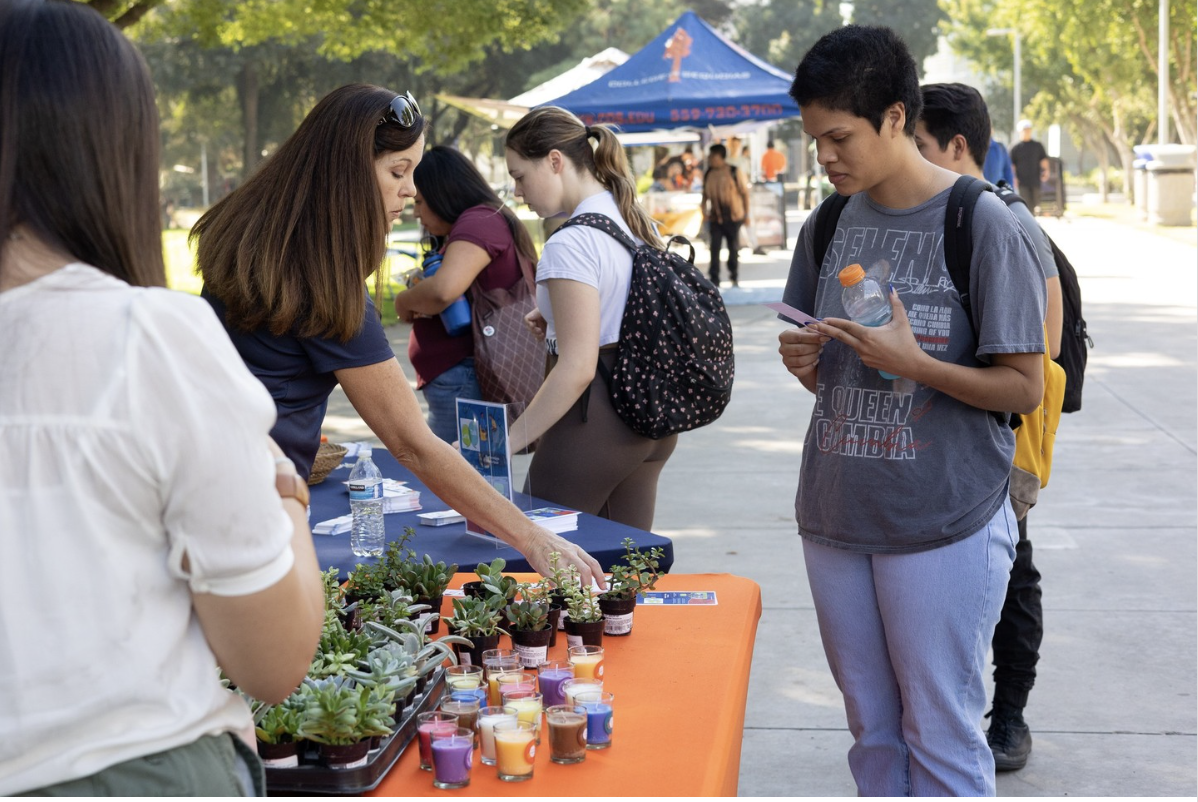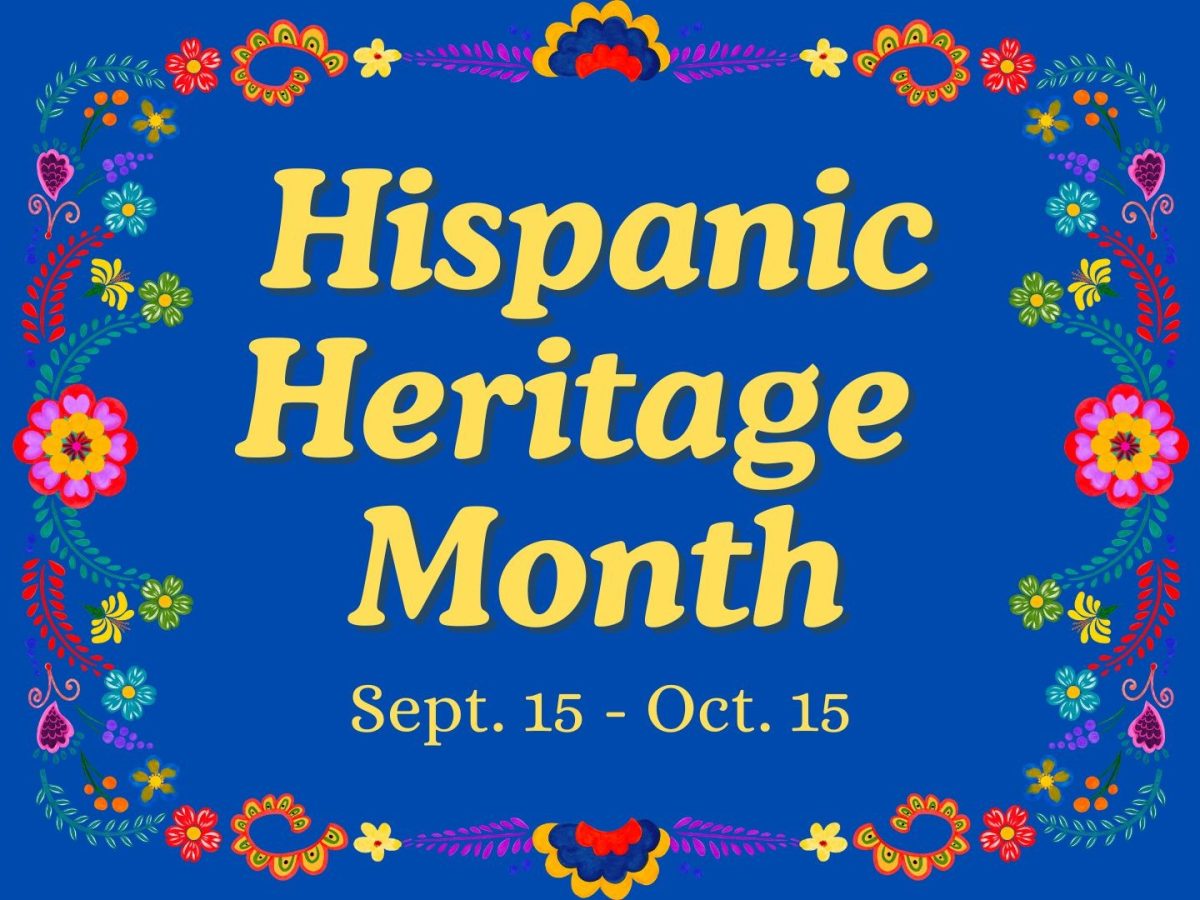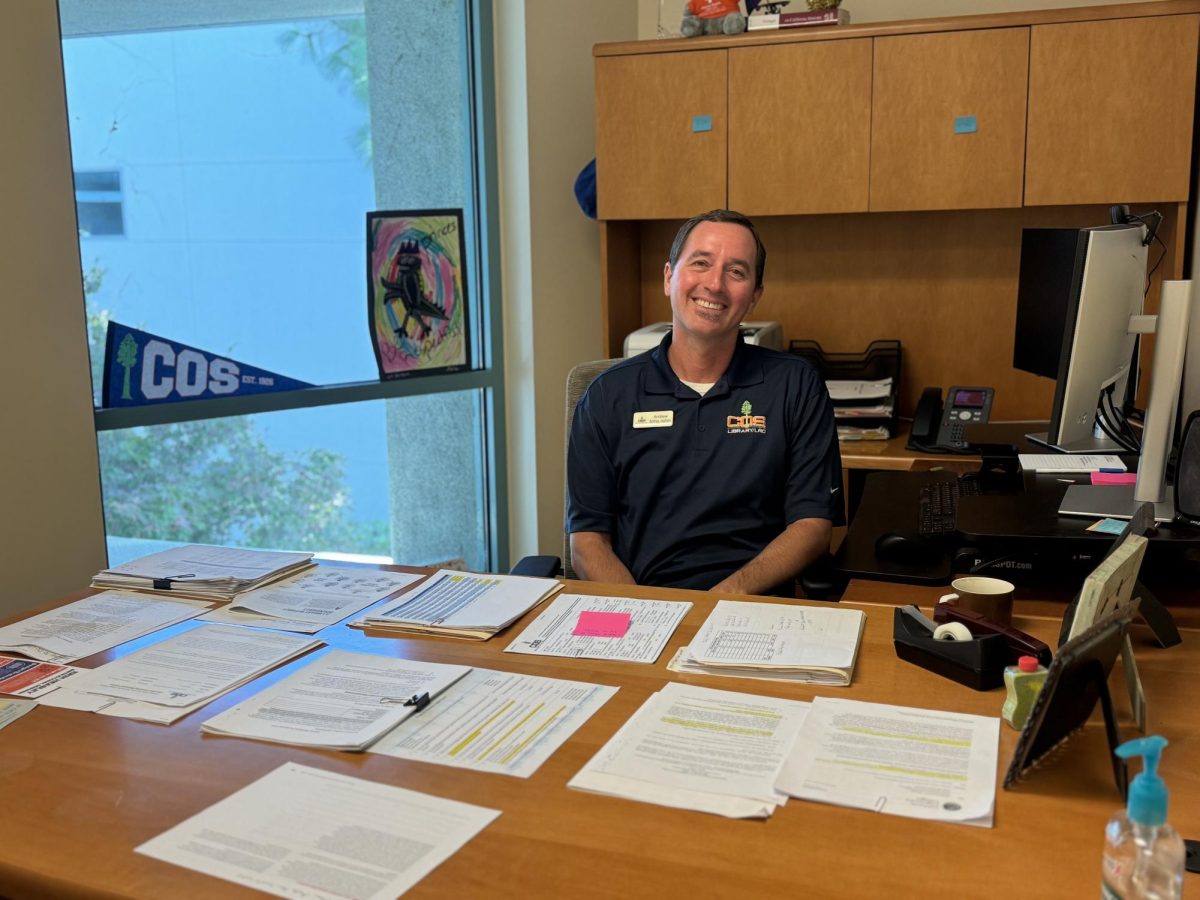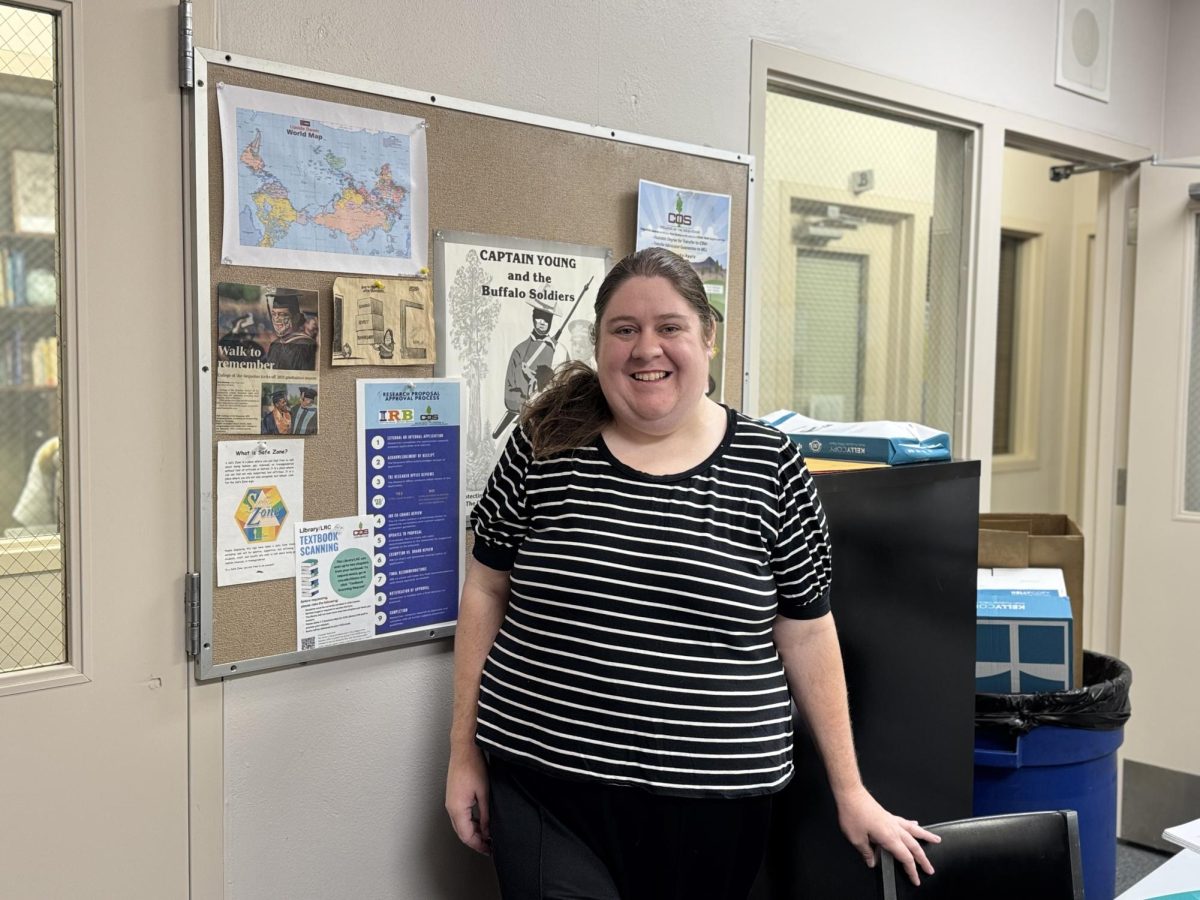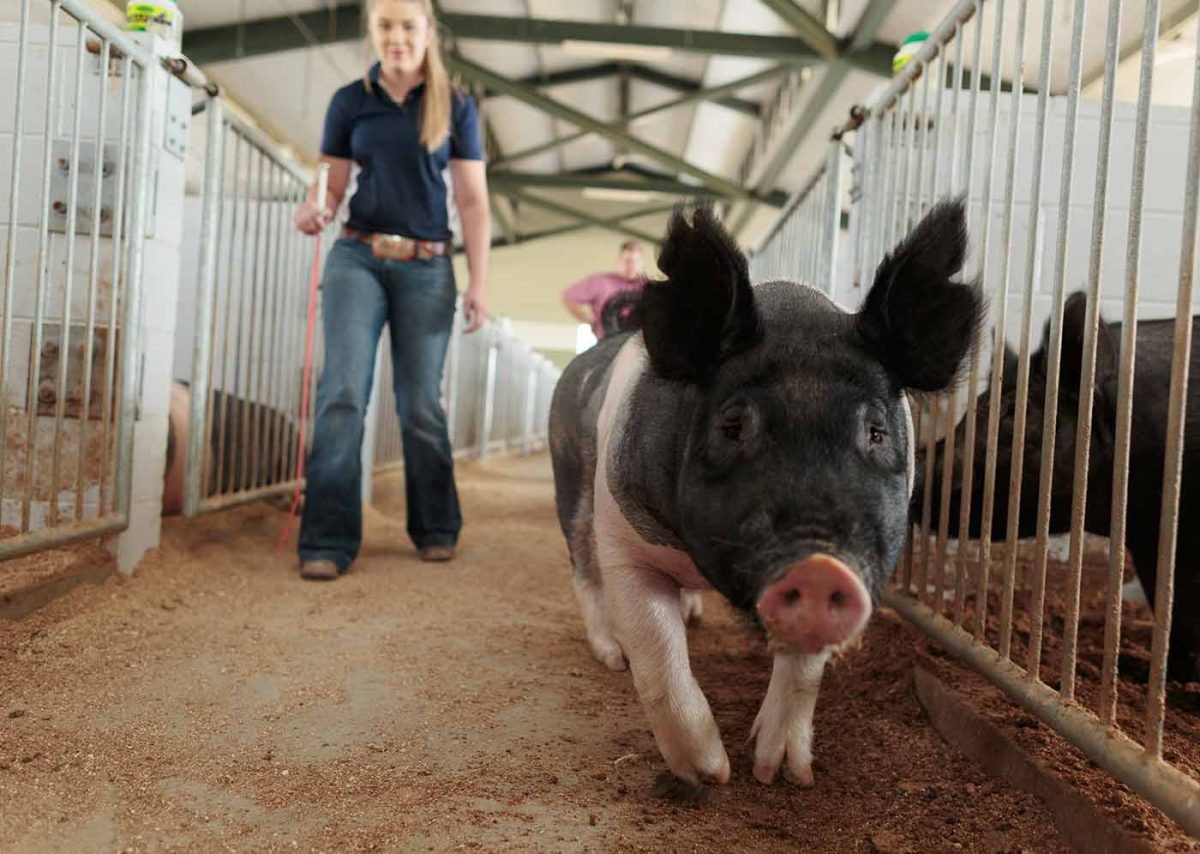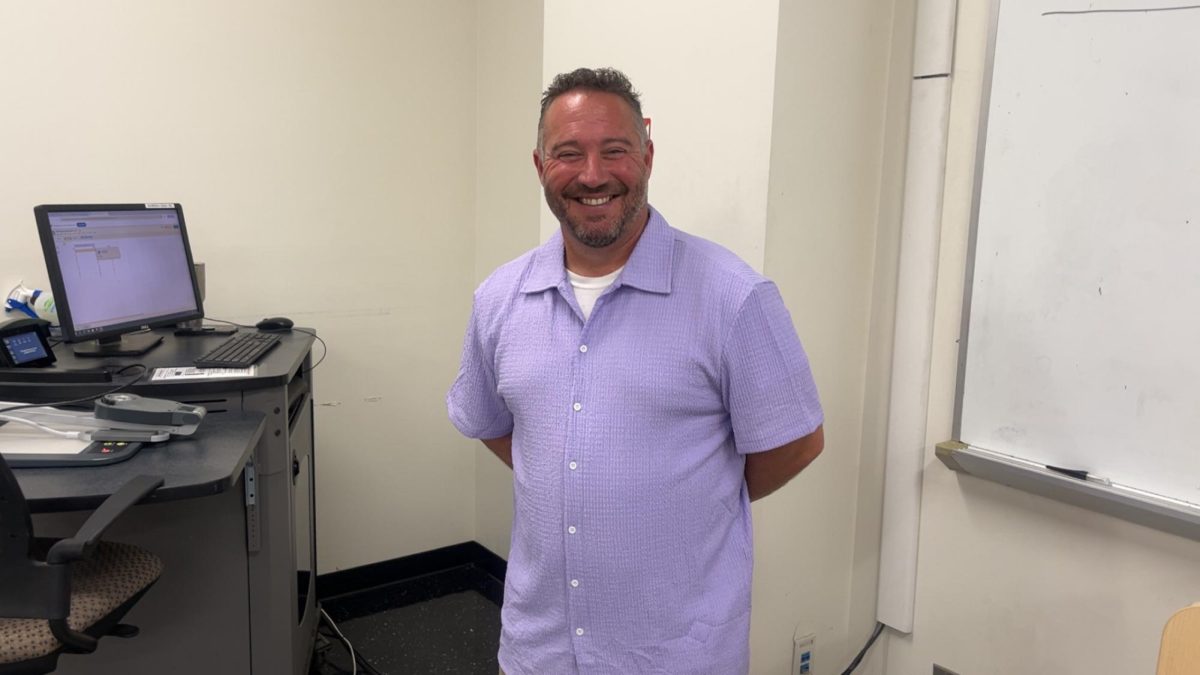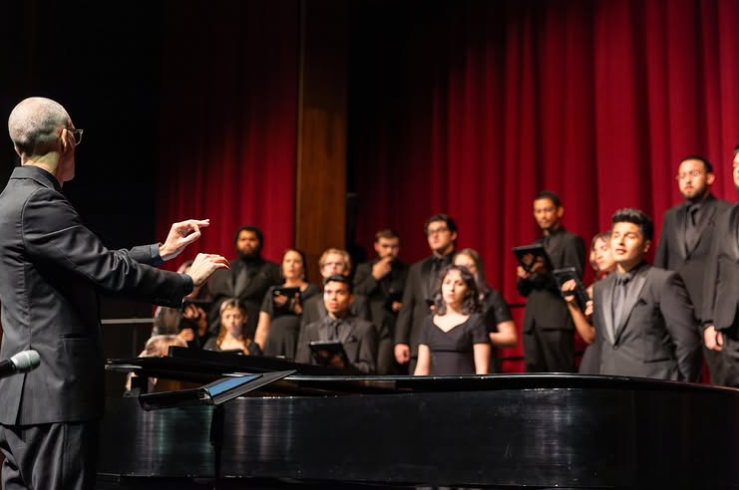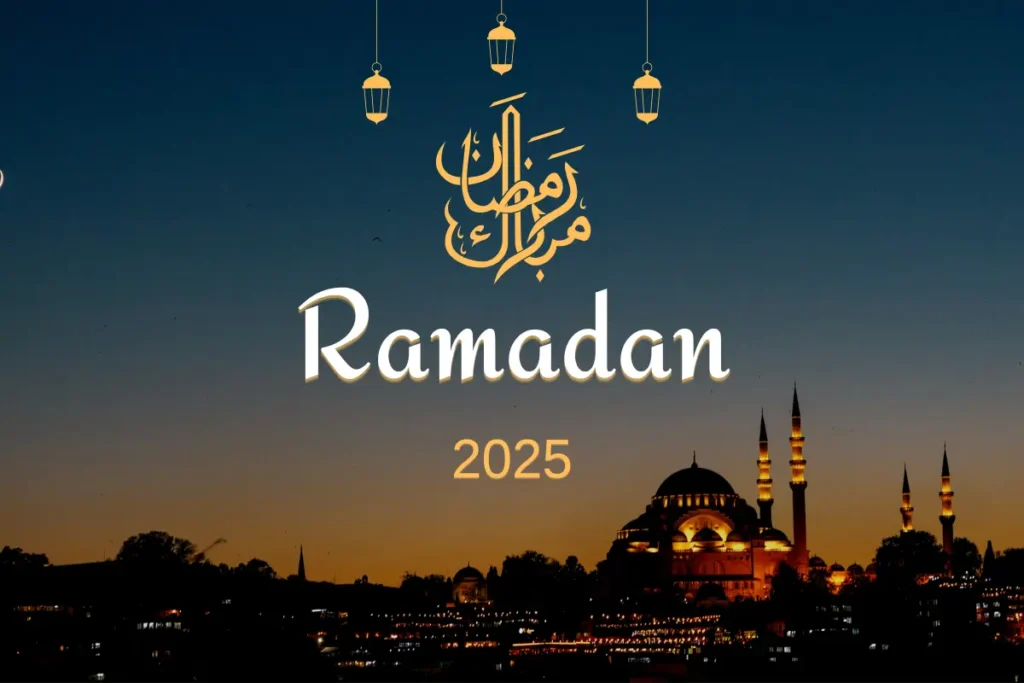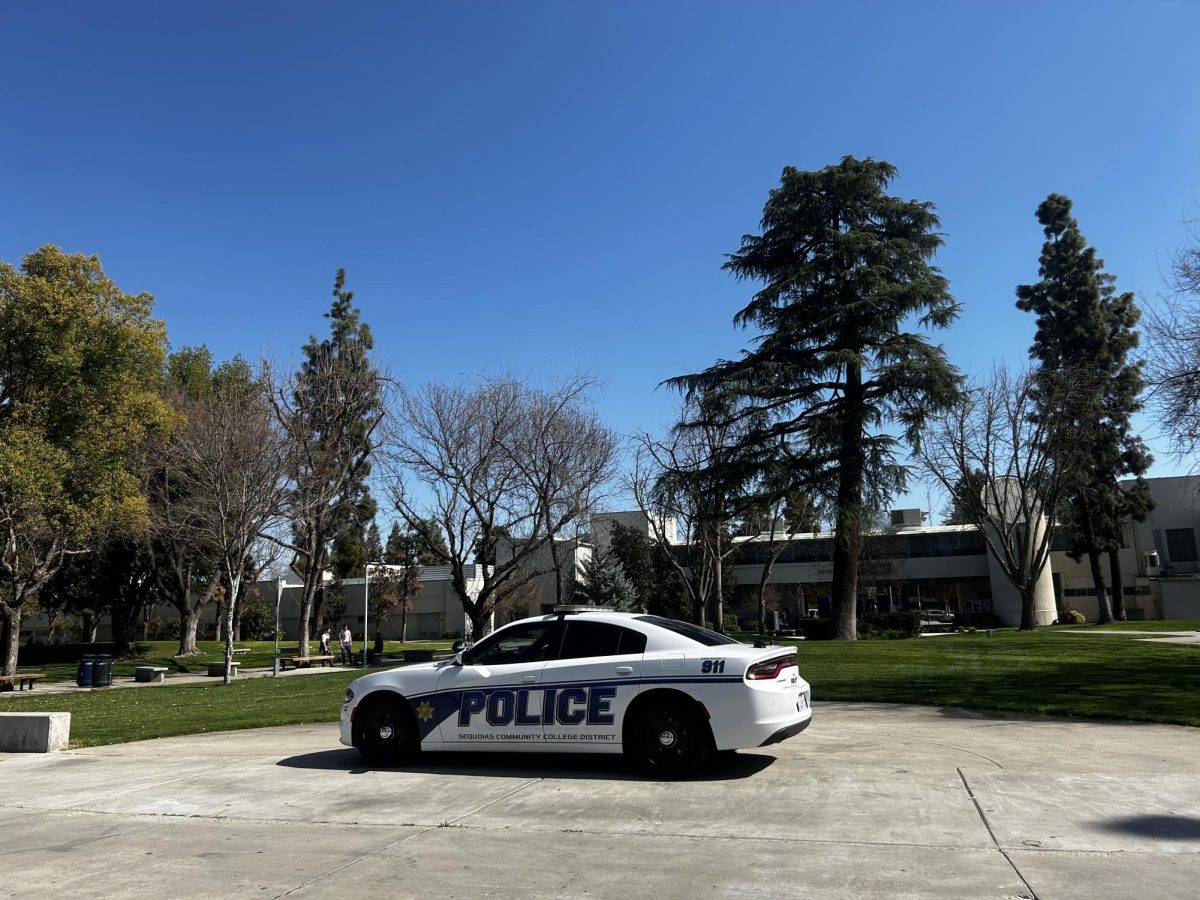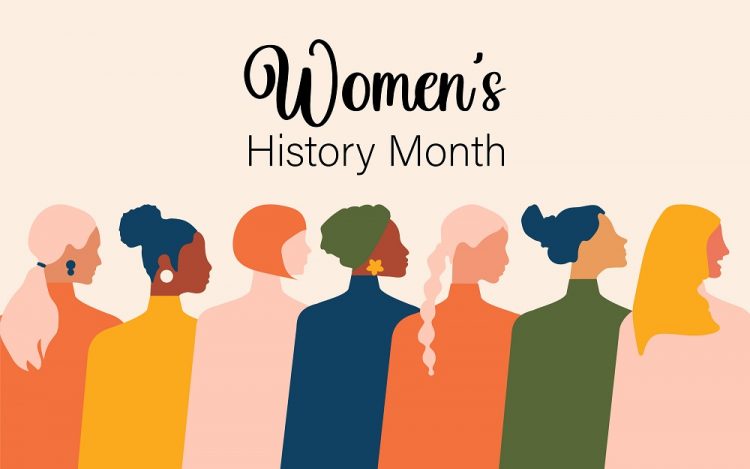Valentine’s Day, traditionally seen as a day for romantic couples, is often known for grand gestures, heart-shaped chocolates, giving valentines, and red roses. However, this narrow focuson romantic love overlooks the broader spectrum of love that enriches our lives. Students challenge this traditional take at the College of the Sequoias, advocating for a celebration that includes self-love and platonic friendships. This shift not only broadens the scope of the holiday, but also enhances overall well-being.
Dominique Navarro Santillan (they/them), shares their evolving perspective on Valentine’s Day. “Valentine’s Day wasn’t a day that I typically celebrated other than receiving candy in elementary until recently,” they say. Santillan’s early experiences with the holiday were marked by simple gestures from their father, who gave them and their family chocolate candies. “He was probably my first ‘valentine’,” Santillan recalls.
As they grew older, Santillan’s view of Valentine’s Day became more complex. “As a teenager, I felt I needed to have a romantic partner to celebrate it,” they explain. “But now, it’s shifted back to this idea that all love could and should be celebrated.” This broader interpretation of the holiday allows for a more inclusive celebration of love in all its forms.
For Santillan, self-love is a crucial component of their Valentine’s Day celebration. “Self-love means self-respect and being happy,” they say. “On Valentine’s Day, I do stuff for myself—clean my room, take an ‘everything shower,’ and try to have no stress or worries.” This practice of self-care is essential for maintaining mental and emotional well-being.
Santillan also emphasizes the importance of friendships. “Self-love and friendship go hand in hand,” they note. “There was a time in my life where I completely isolated myself as I felt I wasn’t worthy of such. People tend to treat themselves how they often perceive they should be treated.” By incorporating friends into their Valentine’s Day celebrations, Santillan finds joyand fulfillment. “I love each one of my friends as they bring me joy,” they add.
Aiden Ahlmeyer, another student, has a more minimalist approach to Valentine’s Day. “I haven’t celebrated Valentine’s Day other than one year with a past relationship,” Ahlmeyer says. “I’ll usually just do something small like get my mom flowers.” For Ahlmeyer, self-love is about prioritizing mental and physical health. “Self-love means putting my mental and physical health first, making sure that I’m not suppressing any emotions, and journaling or working on my spiritual and character growth,” they explain.
While Ahlmeyer doesn’t typically celebrate Valentine’s Day, they see the value in incorporating friends into the holiday. “I think it can be beneficial to those who maybe aren’t in a committed relationship to do things like incorporating friends in a more platonic way just to have fun and participate in the festivities,” they say.
Both Santillan and Ahlmeyer highlight the positive impact of celebrating self-love and friendships on Valentine’s Day. “Celebrating self-love and friendships on Valentine’s Day enhances my overall well-being,” Santillan says. “It’s important to understand that socializationis important, whether that be very little or a ton.” Ahlmeyer agrees, noting that focusing on self-care and friendships can provide a sense of fulfillment and joy. “By prioritizing self-love and friendships, we can create a more inclusive and meaningful celebration of love,” he says.
Valentine’s Day doesn’t have to be solely about romantic love. By widening our interpretation of the holiday to include self-love and platonic friendships, we can create a more inclusive and fulfilling celebration. As Santillan and Ahlmeyer’s experiences show, this shift not only enhances our well-being but also allows us to appreciate the diverse forms of love that enrich our lives. So, this Valentine’s Day, and future ones, celebrate all forms of love—whether it’s romantic or not—for ourselves, our friends, and our families.

